Bug hunting, also known as ethical hacking or penetration testing, is a fascinating field that involves identifying and exploiting vulnerabilities in software, websites, and networks. Whether you’re a seasoned security professional or just starting your bug hunting journey, having the right resources is crucial.
As technology evolves, so do the threats. Cybersecurity professionals constantly battle against malicious actors seeking to exploit weaknesses in digital systems. Bug hunters play a critical role in securing our digital landscape by finding and reporting vulnerabilities before they can be exploited for nefarious purposes.
These carefully curated books cover a wide range of topics, from web application security to reverse engineering. Whether you’re interested in learning about common attack vectors, mastering programming languages, or understanding the mindset of hackers, there’s something here for everyone.
In this article, we’ll explore the top 10 books that can enhance your bug hunting skills and deepen your understanding of cybersecurity.
1. The Web Application Hacker’s Handbook
Written by Dafydd Stuttard and Marcus Pinto, this book is a comprehensive guide to web application security. It covers topics like input validation, authentication, session management, and more. A must-read for anyone interested in web security.
2. Hacking: The Art of Exploitation
If you want to dive deep into the world of hacking, this book by Jon Erickson is a classic. It covers assembly language, buffer overflows, and other low-level techniques. A hands-on approach to understanding how exploits work.
3. Bug Bounty Hunting Essentials
Peter Yaworski’s book focuses specifically on bug bounty programs. It provides practical advice on finding and reporting vulnerabilities ethically. Learn from real-world examples and improve your bug hunting skills.
4. Black Hat Python
Justin Seitz’s book combines Python programming with offensive security techniques. You’ll learn how to build your own hacking tools, automate tasks, and explore network protocols. A great resource for aspiring hackers.
5. Practical Reverse Engineering
Bruce Dang, Alexandre Gazet, and Elias Bachaalany delve into the world of reverse engineering. Understand how software works under the hood, analyze binaries, and discover vulnerabilities. Essential for those interested in software security.
6. Hacking Exposed: Network Security Secrets & Solutions
Written by Stuart McClure, Joel Scambray, and George Kurtz, this book provides insights into network security. Learn about common attack patterns, defense strategies, and real-world case studies. A valuable reference for security professionals.
7. The Hacker Playbook 3
Peter Kim’s playbook offers practical advice for penetration testers. It covers various scenarios, tools, and techniques used by ethical hackers. From reconnaissance to post-exploitation, this book has it all.
8. Advanced Penetration Testing
Wil Allsopp’s book takes penetration testing to the next level. It covers advanced topics like fuzzing, privilege escalation, and post-exploitation. Ideal for experienced bug hunters looking to deepen their skills.
9. Penetration Testing: A Hands-On Introduction to Hacking
Georgia Weidman’s book provides a hands-on approach to penetration testing. Follow practical exercises using Kali Linux, Metasploit, and other tools. Perfect for beginners who want to learn by doing.
10. Real-World Bug Hunting
Peter Yaworski strikes again with this practical guide. Learn from real bug reports, understand the thought process behind finding vulnerabilities, and improve your bug hunting methodology.
Conclusion
Bug hunting is both an art and a science. These books offer a wealth of knowledge, practical examples, and insights from seasoned professionals. Whether you’re a beginner or an expert, keep learning, stay curious, and contribute to a safer digital world.
Happy bug hunting!

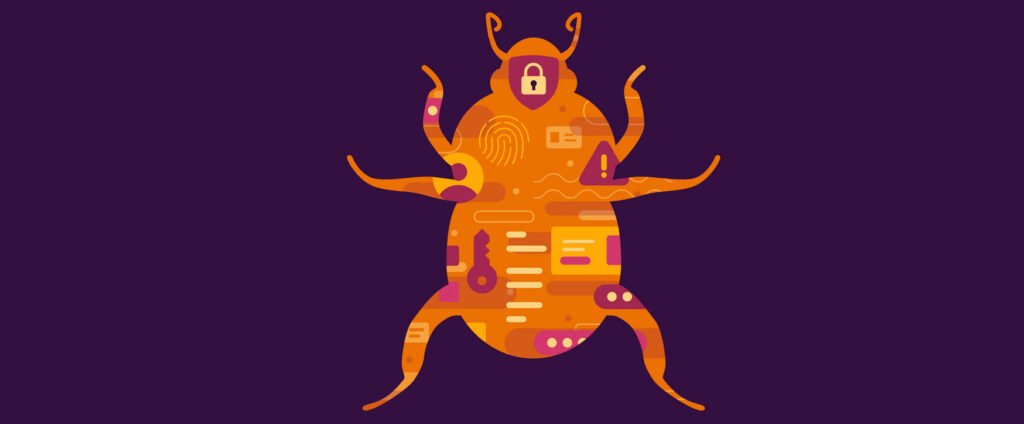
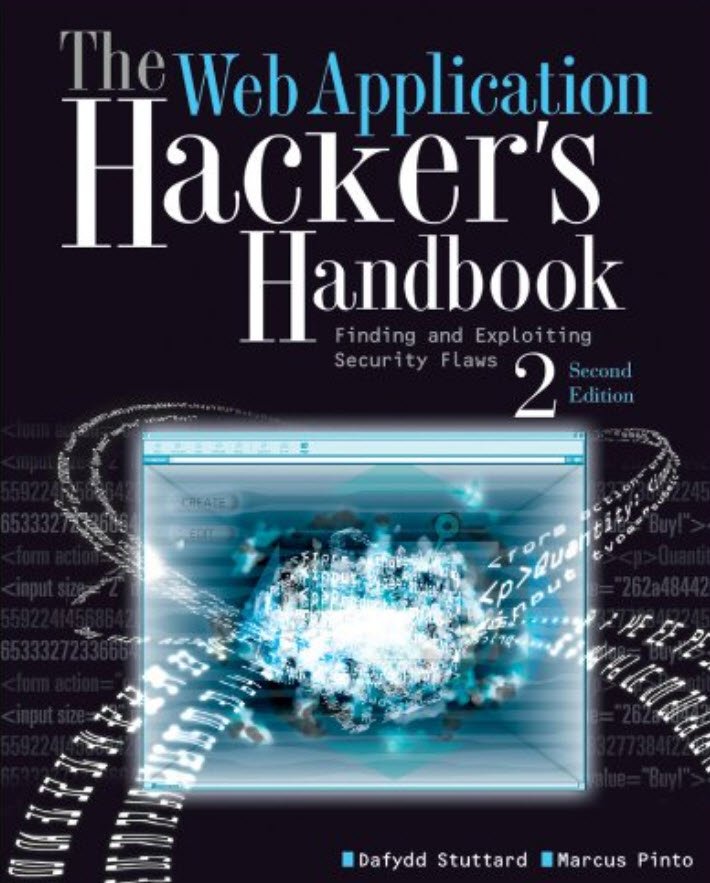
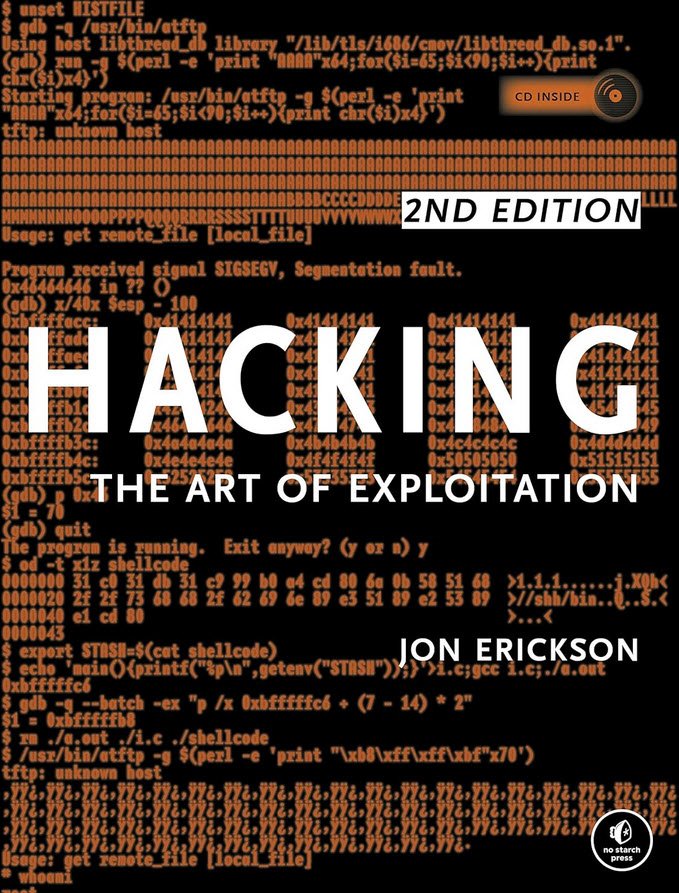
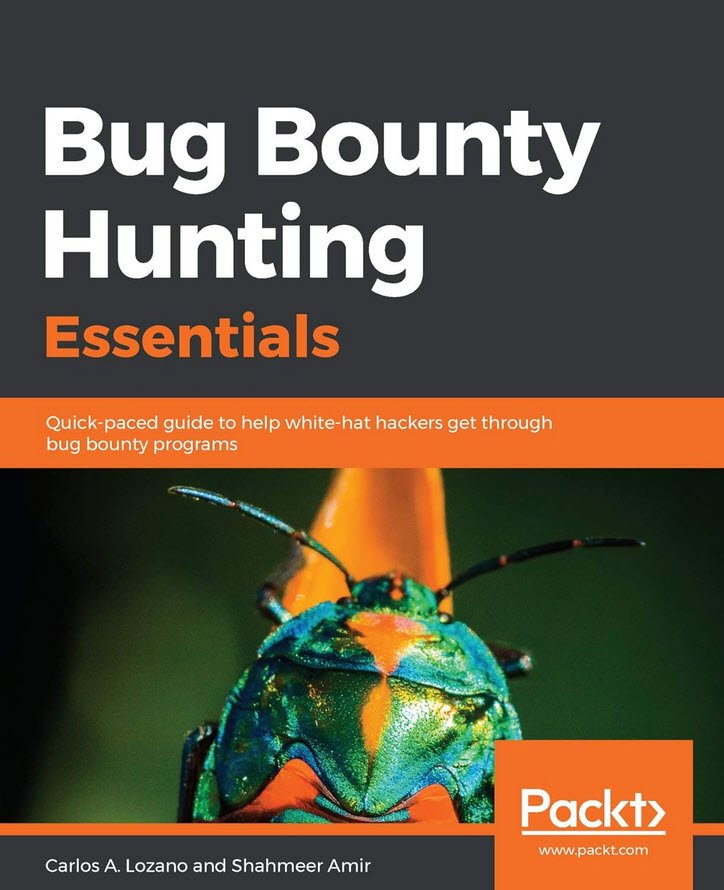
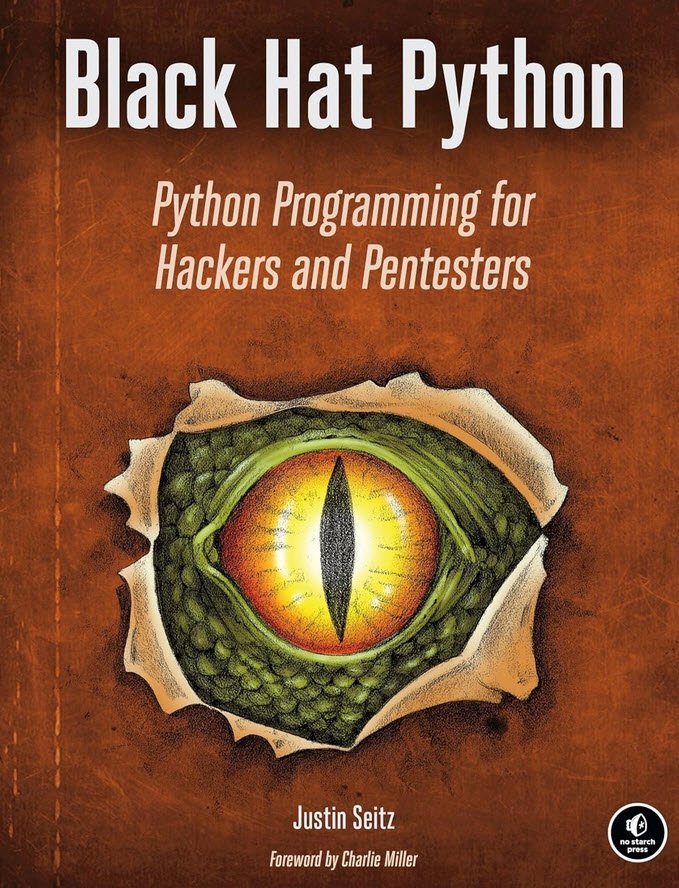

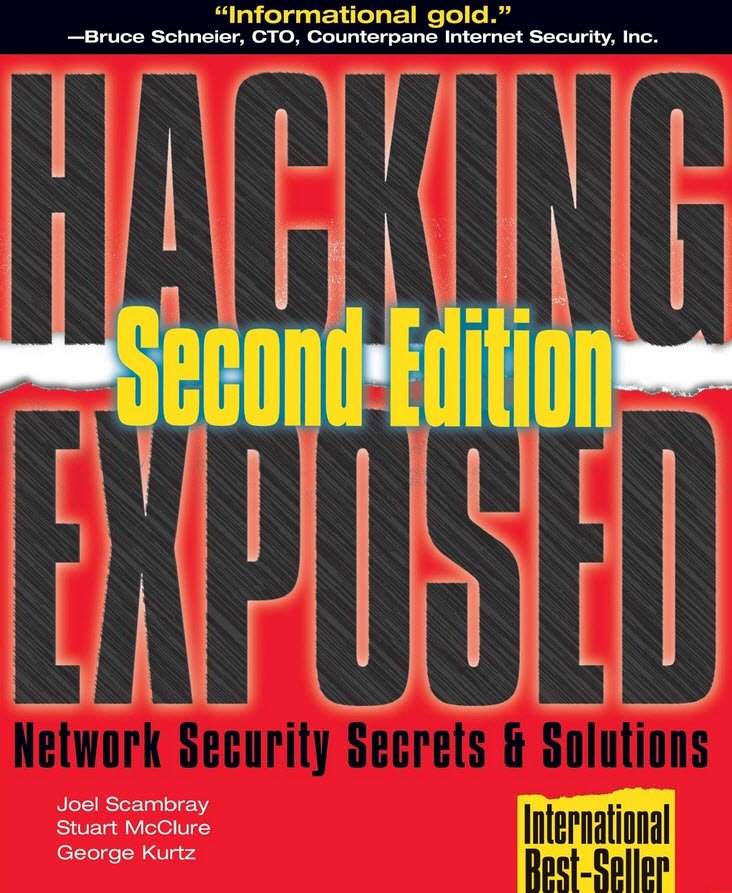
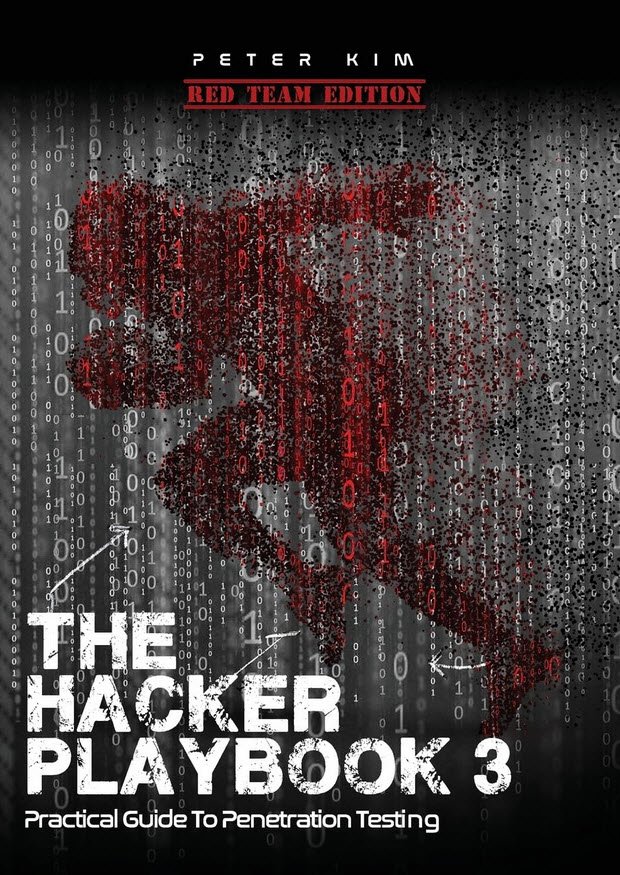
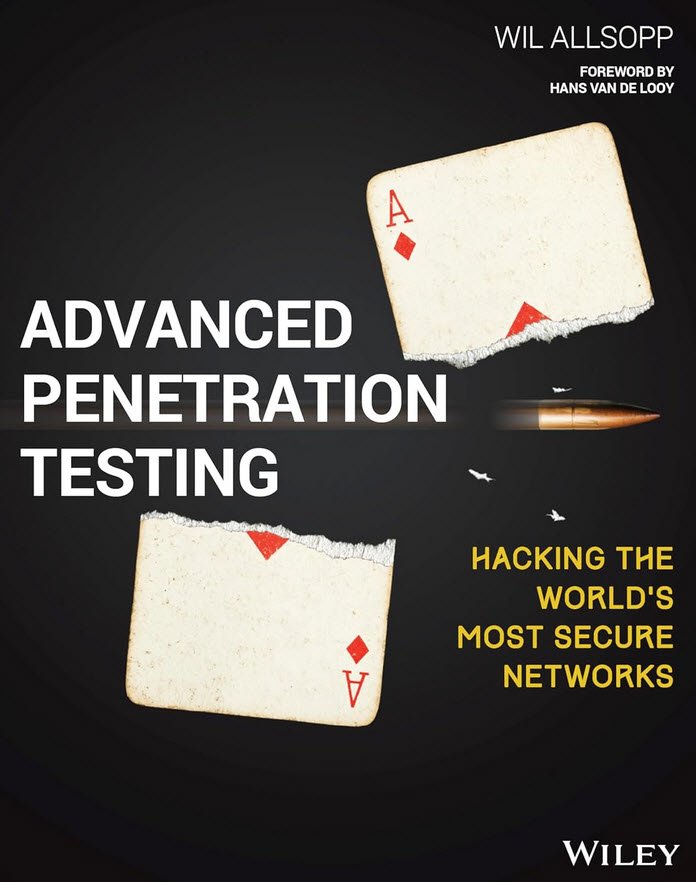
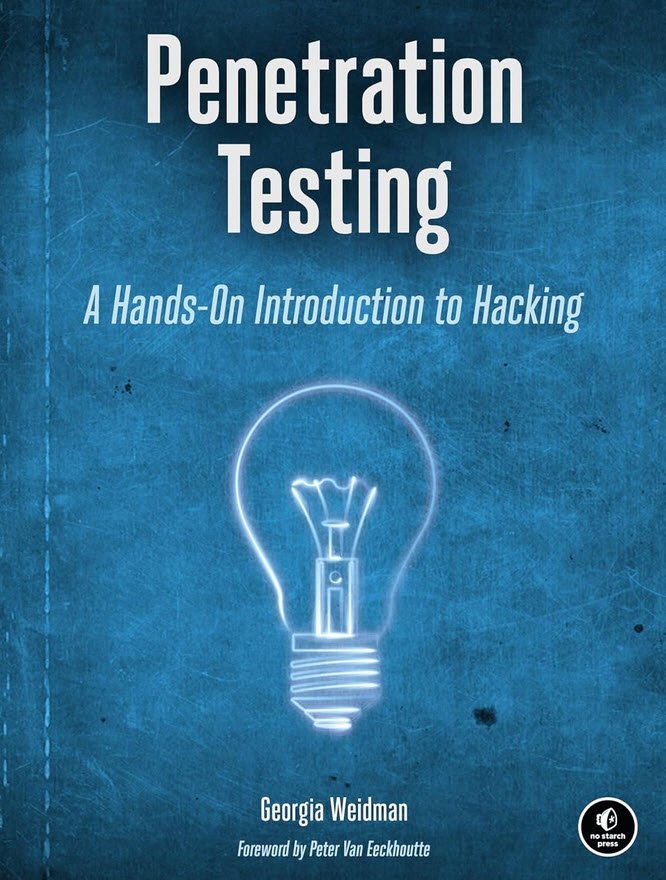
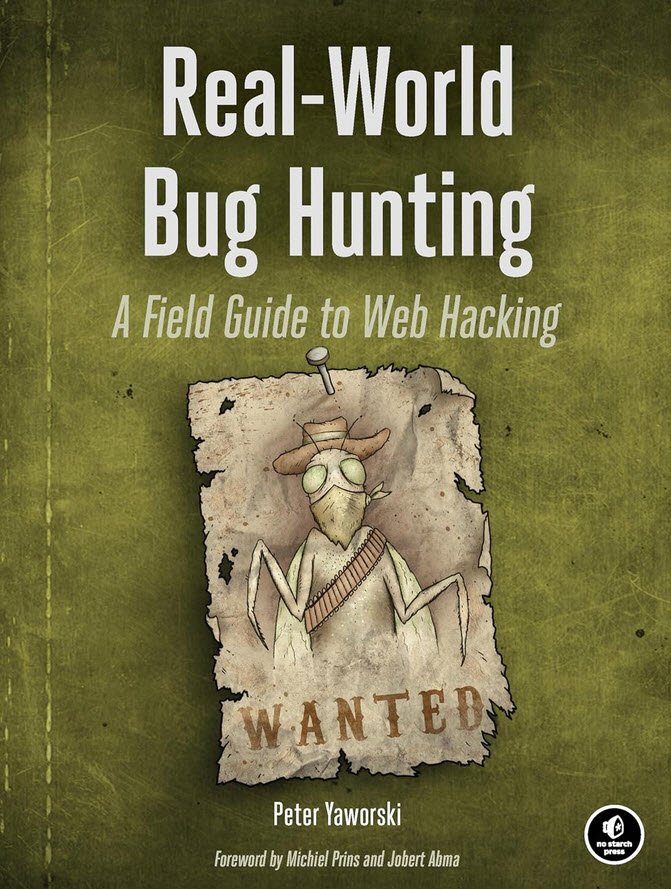


Pingback: Top 21 Nikto Commands for Web Vulnerability Scanning - Tech Hyme